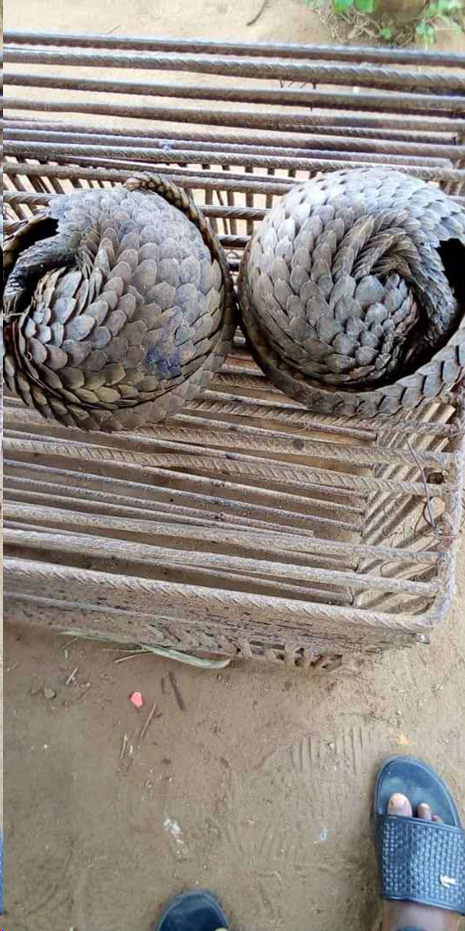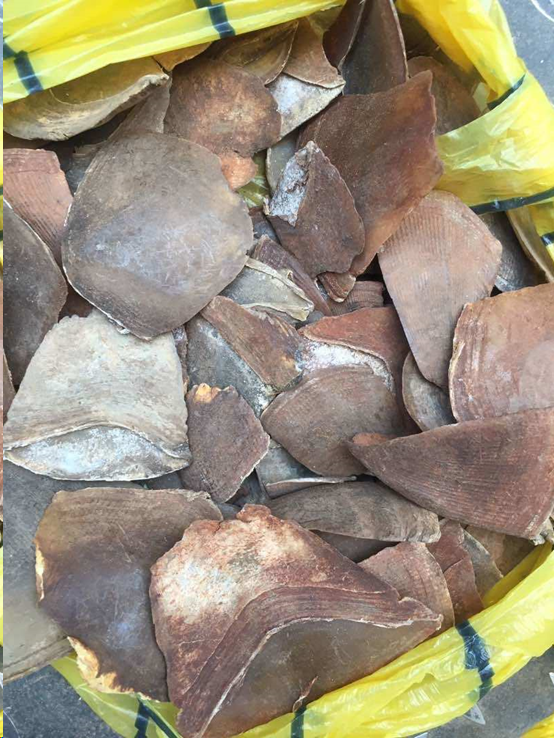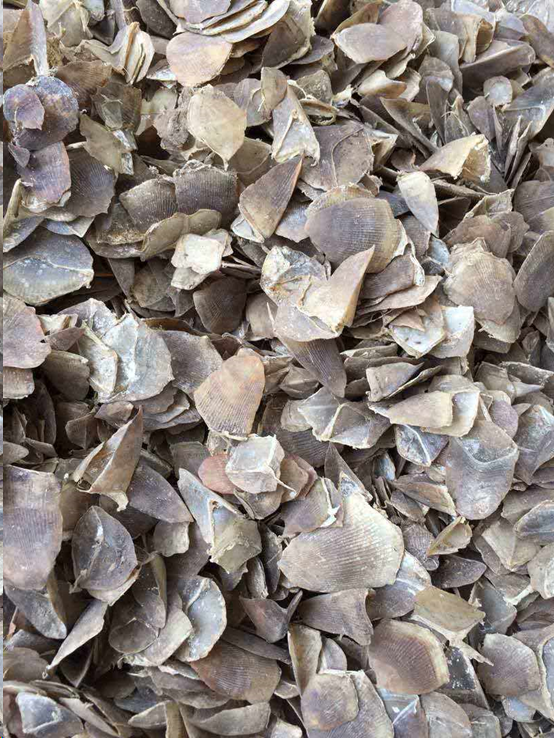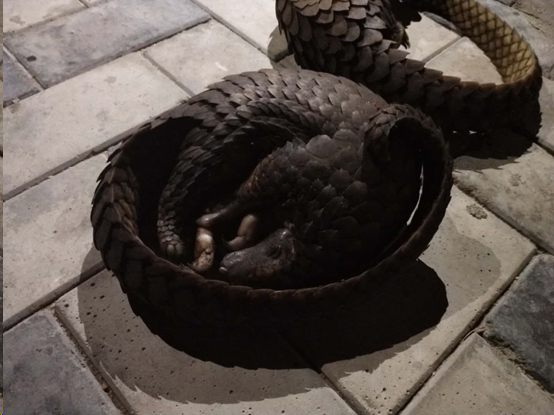China Biodiversity Conservation and Green Development Foundation (CBCGDF) is a leading conservation NGO committed to efforts on protecting Pangolins and combat illegal wildlife trade. Highly encouraged by the determination shown by H.E. Surv. Suleiman Hassan Zarma, CBCGDF is writing to express the sincere gratitude for his determination and would like to express the willingness to help and cooperate in all related aspects.
A specific phenomenon is noticed by CBCGDF that Nigeria's voice is wildly ignored in regard to international illegal Pangolin trade. When 7,100 kilograms of Pangolin scales seized by Hongkong Customs and Nigeria complained about the unfair treatment, its voice was not taken seriously. That's why two days later, on 3 Aug 2018, CBCGDF posted an article urging people to listen to Nigeria, whose environmental minister was claiming that the unfair treatment on tons of confiscated pangolin scales by Hongkong customs. CBCGDF also published two other articles earlier this year, to remind people that Nigeria's voice should be heard before the truth is found.
The high market values of pangolins, especially for the use of the Pangolin scales as medicinal ingredients in some countries and areas of Asia, including China, are driving the endangered species to the edge of extinction. CBCGDF sincerely would to work with Nigeria to help rescue the future of Pangolins.
Some of the practical ideas CBCGDF proposed are listed below, in the meantime, your additional recommendations are also very welcomed.
1. Promotion on conservation for endangered species such as Pangolins among Chinese, and to depopulative the use of Pangolin and other endangered species in wildmeat consumption of medicine. For example, CBCGDF proposes that brochures (fully supported by CBCGDF) on Pangolins protection shall be placed in such places as visa office and customhouse where Chinese will have to pass by, in addition to Chinese owned catering establishments.
2. Work with scientists and Pangolin specialists’ group to develop recommendations for Pangolin protection, including the preservation of key areas of habitat. Further work on captive breeding for African species could also be further explored as a buffer to try to maintain genetic diversity in a well-protected subset and find viable means to support captive breeding populations (which have largely failed to date)
3. Work with scientists to develop faster ways of detecting Pangolin ingredients in products and identifying their origin. Such a test could utilize Oxford Nanopore technology, or a simpler test, given the limited number of species and ideally should be fast, easy to use and reliable.
4. Establish Community Conservation Areas (CCAfa) for Pangolins run by local communities. CBCGDF by far has established over 100 Community Conservation areas. CCAfa is an important system introduced by CBCGDF. It takes a holistic approach to conservation including but not limited to establishing partnerships with local communities, grassroots NGOs, local government, the private sector, and other stakeholders.
5. Develop an informants' reporting APP. The APP will be designed for informants to report any suspicious pangolin trade and for providing the knowledge of pangolin and preferable other endangered species.
6. Raise donations from Chinese companies in Nigeria, which will not only lift their public images but also increase the important support for the world's most trafficked mammals, by funding Pangolin conservation efforts.
7. Set up a working committee with different stakeholders contributing to the course of pangolin conservation, and a platform for them to contribute.
8. CBCGDF propose to jointly hold an annual China-Africa Wildlife Conservation Forum with pangolin conservation as its core topic.
9. Enforcement training. Officers often lack the training and capacity in how to monitor trade and effectively deal with illicitly traded wildlife
10. School syllabuses: Public outreach should educate adults what and how to report, but also make schoolchildren proud of their wildlife as part of their national identity and the importance of biodiversity in supporting them economically.
As Dr. Jane Goodall wrote to us, "Together, let's make this a better world for all life".
The proposal is jointly written by Dr. Zhou Jinfeng, Dr. Alice Hughes, Linda Wong, and Deng Jing.




(Photo credit: CBCGDF)
By / Cathelina Modified by / Niu Jingmei
